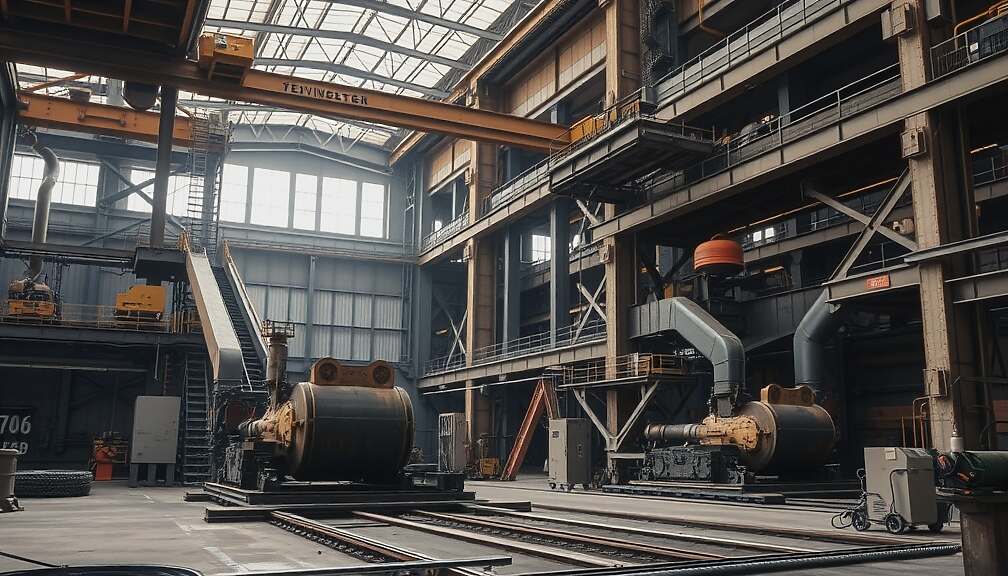A significant reckoning looms for Germany’s steel industry, with calculations from the Institute for German Economy (IW) revealing that approximately 605,000 jobs are directly or indirectly reliant on its survival. The stark figures highlight a sector grappling with a confluence of geopolitical pressures, soaring energy costs and the looming challenges of a green transition.
Prior to the energy crisis of 2022, German steel production enjoyed a degree of competitiveness. IW data indicates production costs stood at around €440 per tonne in 2019, comparable to levels in the United States (€430 per tonne). However, those costs have since ballooned to €550 per tonne in 2023, despite the initial shockwaves of price volatility having subsided. The planned shift to hydrogen-powered “green” steel production presents an even more troubling prospect, potentially driving costs up by almost 50% to €810 per tonne.
The crisis isn’t solely attributable to internal pressures. Geopolitical instability plays a critical role. China’s steel industry is being propped up by record-breaking subsidies, while protectionist measures, such as those championed by the Trump administration in the US, are erecting trade barriers, severely curtailing export opportunities for German manufacturers. This situation is fostering a deeply uneven playing field.
The IW argues that the current industrial electricity price, while offering some relief, falls drastically short of addressing the scale of the problem, only alleviating financial strain by up to €1.5 billion annually. The institute is calling for a more comprehensive strategy, emphasizing targeted support for the industry’s transition to green steel, potentially through climate protection contracts that guarantee stable investment conditions.
Furthermore, the IW underscores the necessity of a more robust and efficient energy infrastructure. This includes a high-performance power grid capable of handling increased demand and a swift rollout of the necessary infrastructure to support a hydrogen economy. Failure to implement these critical measures, the institute warns, will not only jeopardize hundreds of thousands of jobs but also fundamentally undermine Germany’s ambitious climate targets, raising serious questions about the nation’s economic and environmental future. The current trajectory suggests a deepening vulnerability requiring immediate and decisive political intervention.












